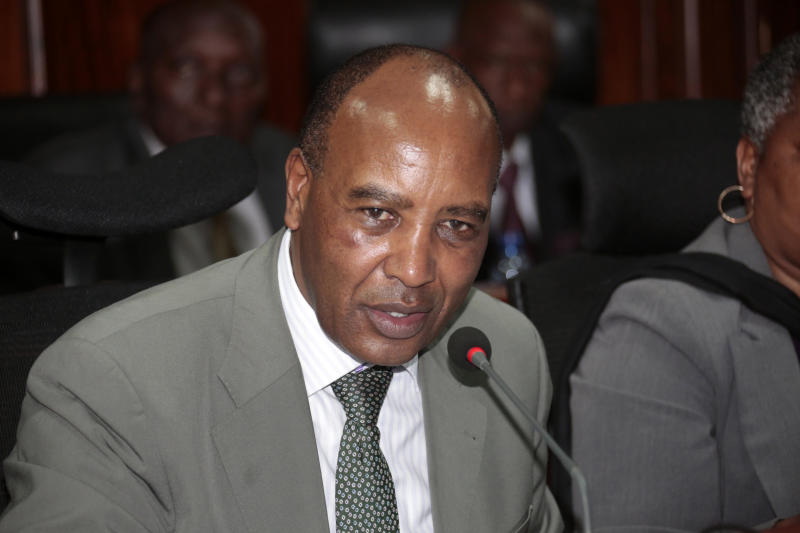
Governors in Central Kenya have agreed on an economic game plan intended to create hundreds of thousands of direct and indirect jobs, through an industrial revolution driven by processing of the massive agriculture wealth, in a move expected to increase the region’s national economic contribution beyond the current 26 percent.
The 10 counties have now ratified the plan under the Central Region Economic Bloc (CEREB), which also seeks to monetise non-mainstream and neglected economic sectors as a diversification strategy outside agriculture.